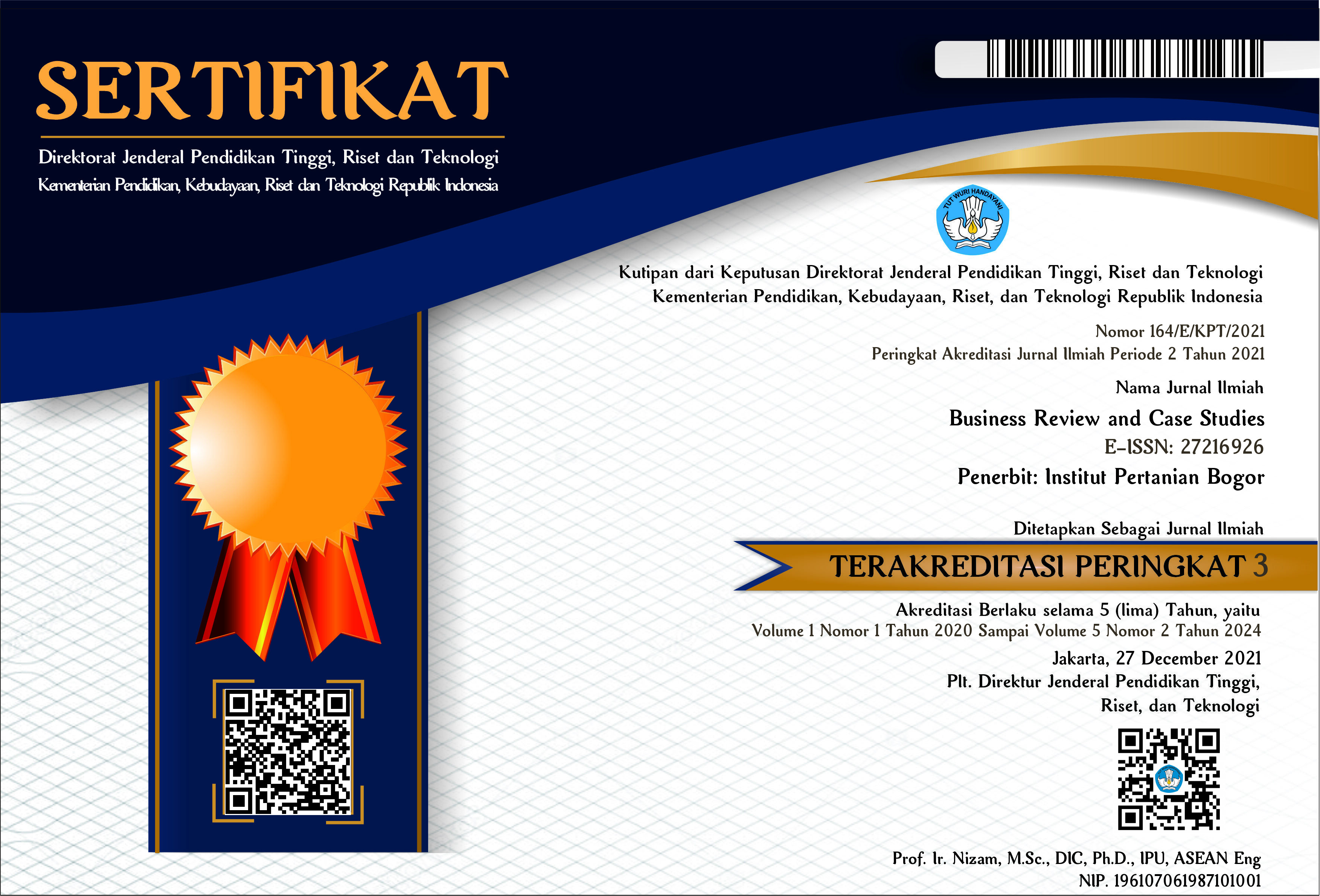The Effect of Affective Commitment and Job Stress Through Lecturer Performance (Case Study of The University of Tangerang Raya)
Abstract
Lecturer performance greatly influences the formation of student quality and campus performance. The management of University of Tangerang Raya is expected to be able to provide support to lecturers so that they can maintain their existence working in the organization. Therefore, it is important to maintain the performance of lecturers with all the workload and motivation they have. The purpose of this study was to analyze the direct effect of the relationship between job stress and affective commitment on lecturer performance. This quantitative research is explanatory study by using a questionnaire with a Likert scale. The research population is all lecturers at the University of Tangerang Raya, both permanent and non-permanent. The research sample is 167 lecturers who have carried out the tri dharma of higher education. Data analysis using the Structural Equation Model (SEM)-PLS. The analytical tool used in this study consisted of 2 stages namely; test the quality of the instrument consisting of validity and reliability test and structural model (inner model). As for the structural model orinner model by calculating the value R-square. The results showed that affective commitment had a direct positive effect on performance, so the job stress had also had a direct positive effect on performance of Lecturer. This means that the campus must always evaluate and monitor the condition and performance of lecturers so that their performance can be maximized.
Keywords: affective commitment, high education, job stress, lecturer performance, SEM







.jpg)






